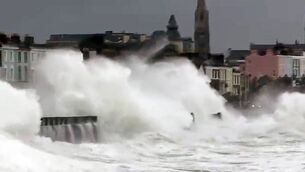PSNI blame recession for rise in burglaries
A sharp rise in the number of burglaries and thefts was linked to the recession by police today.
Annual crime figures released for the North showed there was an overall increase in the number of offences over the last year.













